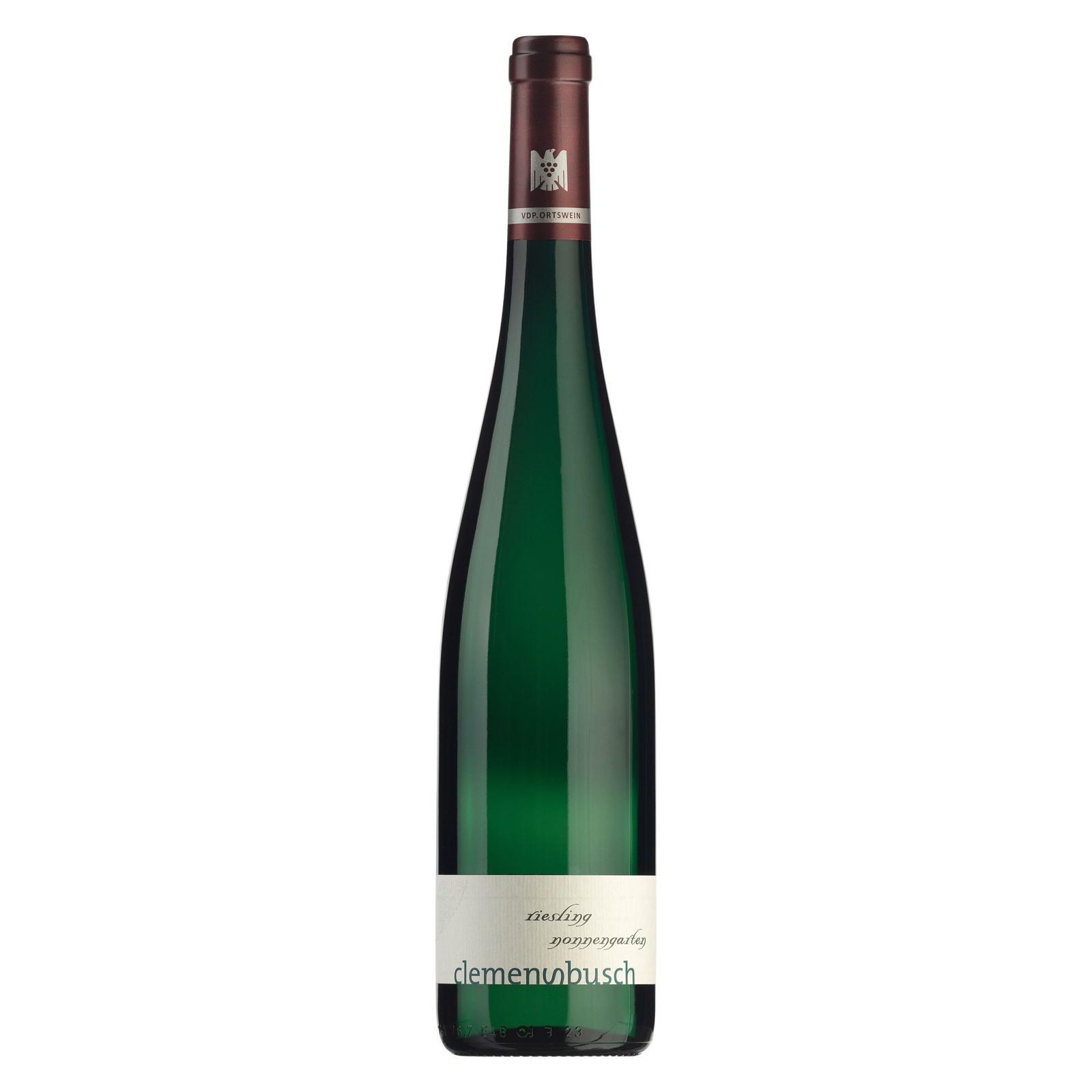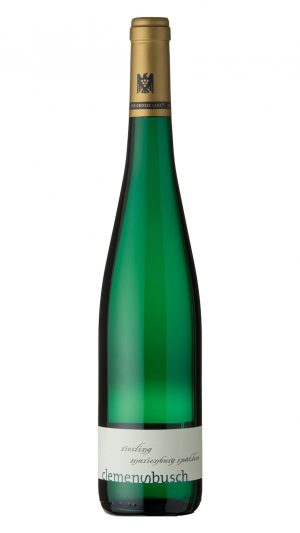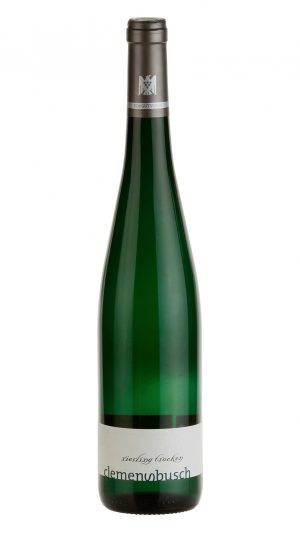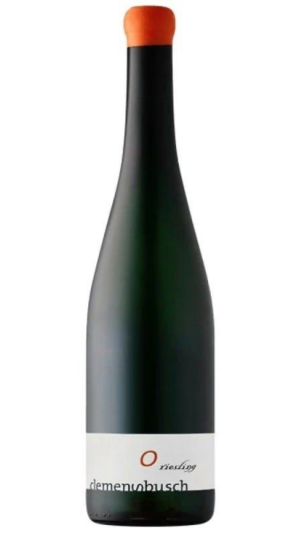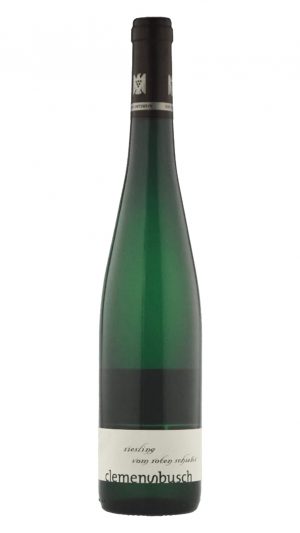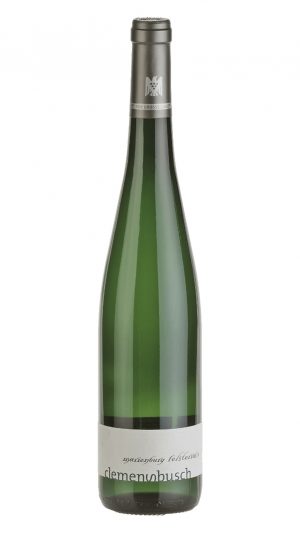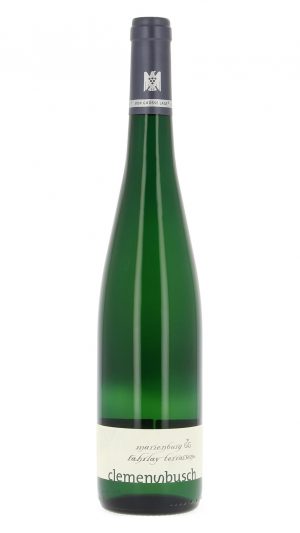Clemens Busch Nonnengarten Riesling 2020
Type: White
Country: Germany
Region: Mosel
Grape Variety: 100% Riesling
Viticulture: Biodynamic | Certified Organic
Climate: Northernly continental climate marked by cool temperatures
Terroir: Grapes come from a single vineyard, a southwest-facing site on the right bank of the river at Pünderich. Soils are composed of red slate and are denser than Clemens’ other sites
Winemaking: Wines are fermented spontaneously with wild yeasts, at low temperatures, in very old 1000-litre barrels. Extended lees contact occurs in a combination of stainless steel and very old barrels and the wine is bottled after 9 months in the cellar
Color: Medium straw yellow
Nose: Fine, stimulating scent of ripe apricots, orange peel and kumquat. The minerality gives a deep tension and light yeasty notes give the wine a smoky note
Palate: Juicy yet delicate on the palate with brilliant acidity and a lingering finish
About the Winery:
As a young winemaker in the 70s, organic and biodynamic pioneer Clemens Busch was already questioning the use of herbicides and reducing the sulphur levels in his wines. When he and his wife Rita inherited his parents’ winery and vineyards in 1984, they had the chance to put these ideas into practice.
Most of their production comes from the Pündericher Marienburg, a southwest-facing hillside vineyard in the Lower Mosel. They inherited two hectares, but have bought adjoining plots and now own 16 of the 25 hectares which make up the Marienburg einzellage.
Geology along the Mosel is complex, and the winding river provides sites with varied exposures. Clemens still vinifies and bottles each plot separately: he produces Vom Grauen Schiefer (from grey slate) and Vom Roten Schiefer (from red slate). The Rothenpfad plot is all red slate, which is unusual in the Mosel, while Farhlay is dominated by blue slate. Falkenlay, located between the two, and considered by some to be the finest site within Marienburg, is predominantly grey slate and provides grapes for their noble sweet wines.
In the winery, Clemens works with wild yeasts, and ferments mostly in very old 1000-litre barrels. Nothing is added to the wines at any stage, apart from a touch of sulphur at bottling. Charming and self-effacing, Clemens’ winemaking is honest and refined, producing wines that are pure expressions of their terroir.

